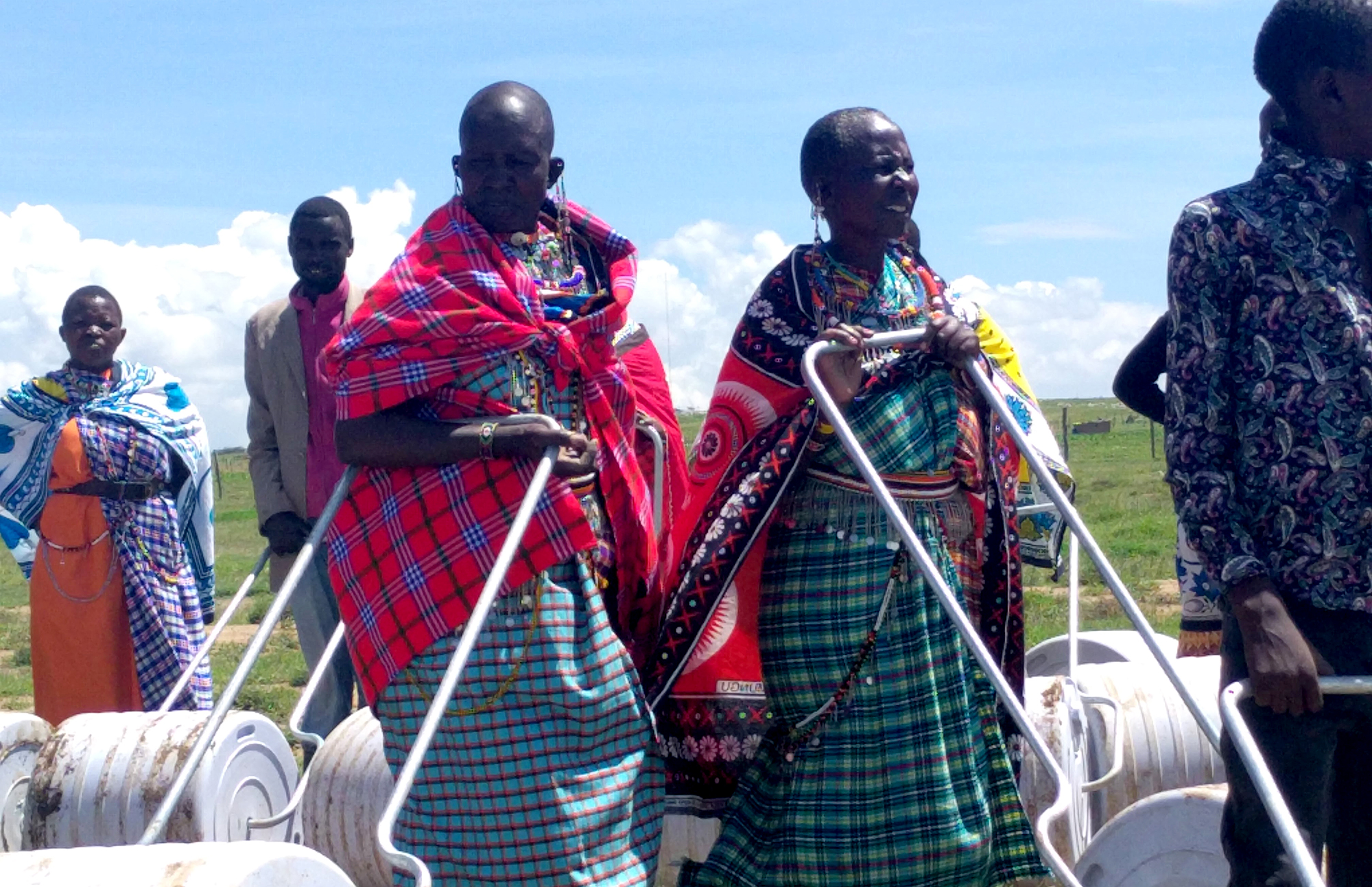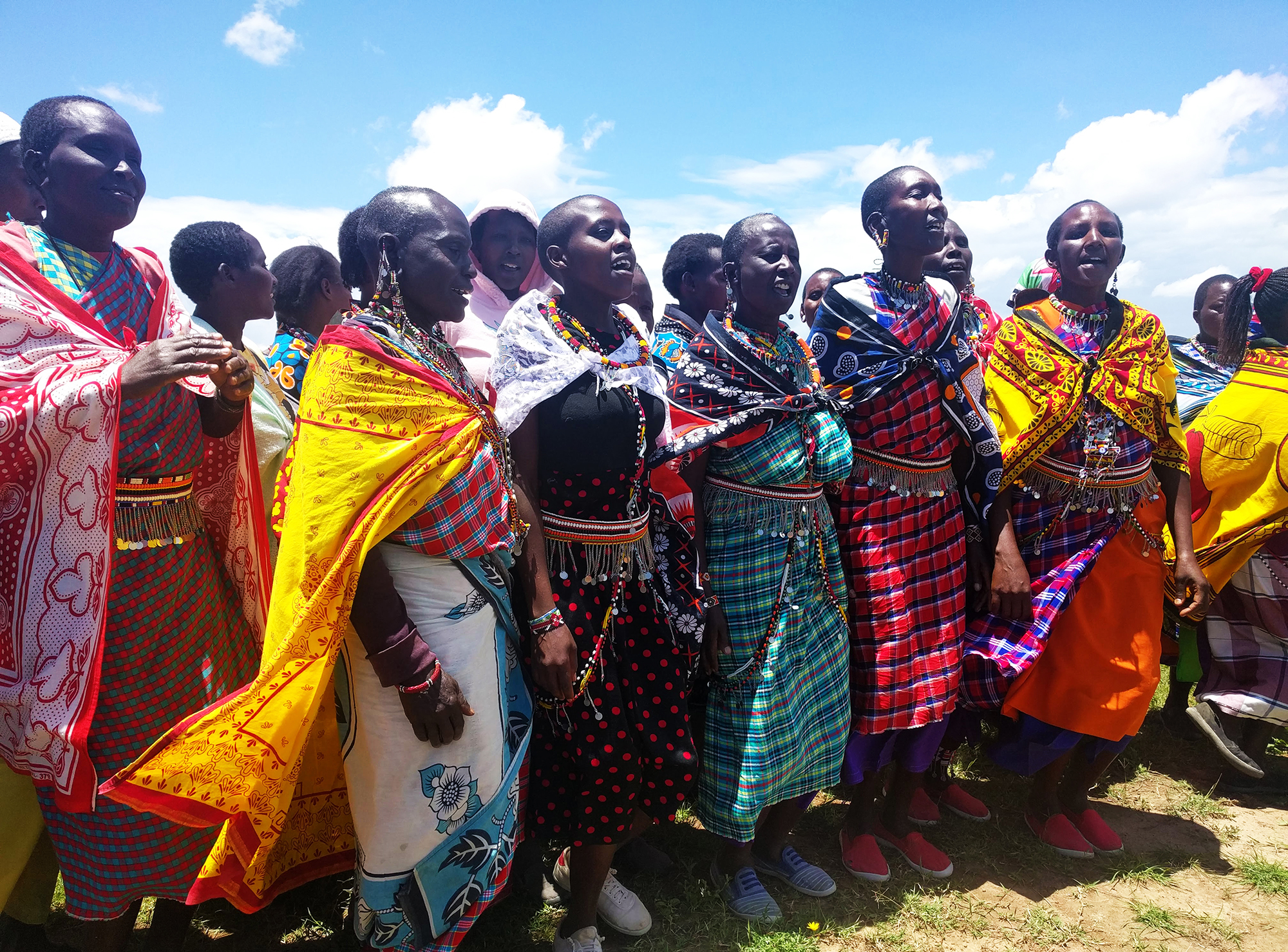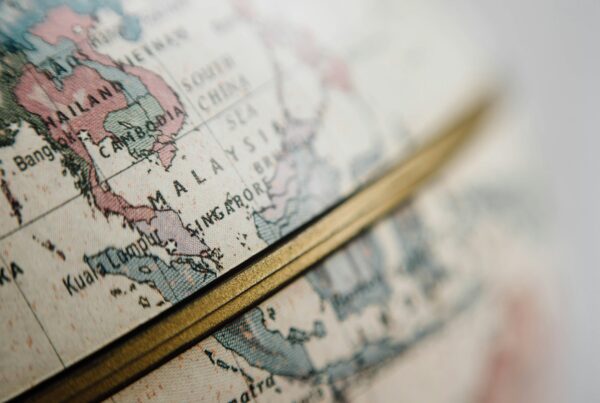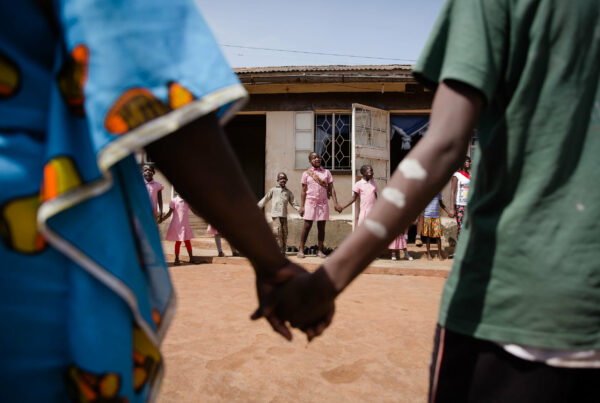The Maasai community of southern Kenya is known for its intensity. According to tradition, the women build the homes without doors—a door being a sign of cowardice. From time to time, the men raid cattle herds of neighboring tribes.
But there’s a positive quality to this intensity. The Maasai are fiercely loyal to one another and their community.
In partnership with the Reformed Church in America, a local group of evangelists has drilled nine water wells since 2007.
“Water is life,” says pastor Simon Muntolol, leader of the group, Maasai Outreach Mission (MOM). “These wells bring us together.”
This tangible show of Christ’s love by MOM has led to many changes in the community. Thanks to easy access to clean water, families can be less nomadic. More than 100 churches and several schools were built around the wells. MOM is committed to holistic evangelism that cares for body, soul, and mind.
And the wells, churches, and schools are only a beginning.
“Massai Outreach Mission is committed to holistic evangelism that cares for body, soul, and mind.”
MOM hopes to build a health clinic next to continue the momentum. The vision is to equip women and men to serve as community health workers, people trained as both medical professionals and evangelists.
“This is another sort of evangelism,” says Muntolol. “We are reaching our people with love, giving them medicine, and giving them the Word of God, which will sustain them.”
Many rural communities lack basic medical care and knowledge of public health. Muntolol and his team hope to build the new clinic in a part of Maasailand that’s far from government services.
Currently, people living in this rural area must travel about 180 miles (300 kilometers) to visit the hospital. But getting there does not guarantee that a well-trained nurse or doctor will see the person in need of care. The hospital may not even have the necessary medicine on hand. And even when the hospital is able to provide treatment, the government health workers cannot always follow up with patients from rural Kenya.
Grace Saita (herself a Maasai) is well aware of these challenges. She grew up in a poor family, but she went to school and gained international experience as a public health worker.
Because of Saita’s background, MOM asked her to lead the clinic. She has seen firsthand how a lack of access to health services and education has hurt her people. Working in refugee camps in other areas of Africa deepened her calling to help her community.
“After working internationally and at the Kenya-national level, I saw how I can also give back to the community I came from,” Saita says. Her farm near the Tanzania border, with Mount Kilimanjaro in the background, will one day house the clinic.

The passion is there. The vision is in place. Now MOM is seeking local and international partners to help make the clinic a reality.
“Our goal is to share the gospel in word and deed, so you impact the whole person. People come to faith in Christ, and their tangible needs are also being met,” says Derrick Jones, who is overseeing the Reformed Church in America’s partnership with MOM.
“When we touch the life of another human being, their life belongs to God,” Saita says.
MOM is excited about the potential for multiplication as community health workers share their knowledge. As a few are trained in nutrition and disease prevention, the whole community is transformed. Care for expectant and new mothers is especially important. Malnutrition in the critical early months of a child’s life can have long-lasting effects.
“As a mother myself, I hope others can be blessed by our work here,” says Kelesenzia Siabile, who cares for the farm and garden on the site of the future clinic.
Siabile and several security guards keep the farm safe from wild animals. She also helps grow the vegetables that get sold back into the community. The produce is already improving nutrition in the area and raising money to go toward the clinic. For Muntolol and his team, all of these efforts are part and parcel of evangelism.
“We are preaching with peace,” Muntolol says. “We are preaching with love.”
Siabile is not Maasai, but she sees how the community has rallied around the vision for the clinic. “I saw the love of the Maasai people. This love draws people together.”
Saita knows the Maasai community understands this gift. Those involved are doing so much more than health education. What they do is an extension of God’s ultimate gift.
“I believe God was the first giver who gave us Jesus Christ,” Saita says. “Why did God give me this skill if not to help those around me?”
Muntolol says, “God has given us knowledge to share. If we share this with others, we can be a blessing.”
In the short term, there is a need for prayer and financial support to build the clinic. Eventually, volunteers may go to Kenya to help care for physical and spiritual needs. Churches and individuals can contribute to help cover the ongoing costs of the clinic and health workers.
“As the Maasai people live out the gospel, their passion to serve the community grows deeper when they learn how Jesus came to serve.”
As the Maasai people live out the gospel, their passion to serve the community grows deeper when they learn how Jesus came to serve.
“Building this clinic is another way to take the gospel, contextualized, to the community,” Muntolol says. “It brings us together as the body of Christ.”
“I am proud to be a Maasai. One hundred percent,” Saita says. “God made no mistake in putting us in this culture.”
As the gospel transforms the Maasai culture, cattle raids are fewer and evangelizing is more common. Doors are open wide, not in a show of bravery but out of hospitality. All the passion and intensity, so natural to the Maasai people, is being used by God to further his kingdom.
Samantha Bouwers
Samantha Bouwers is a freelance writer in Coralville, Iowa.



